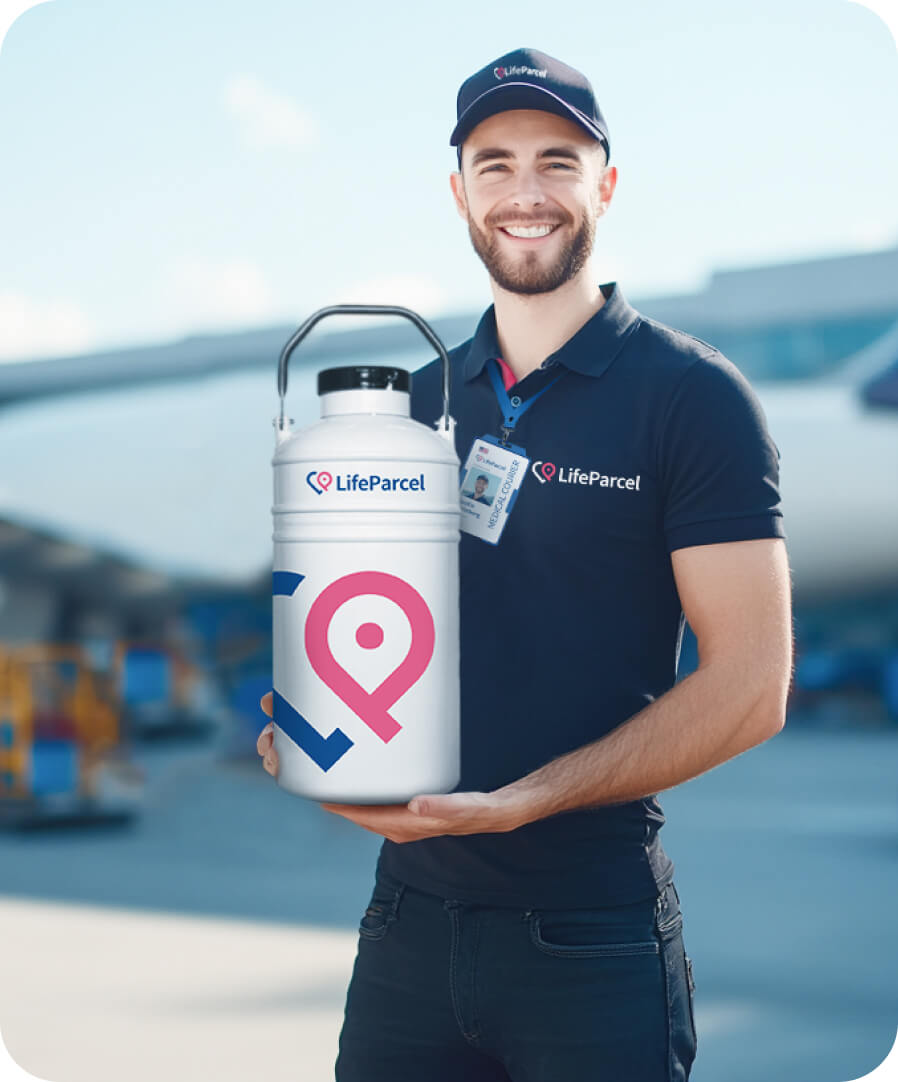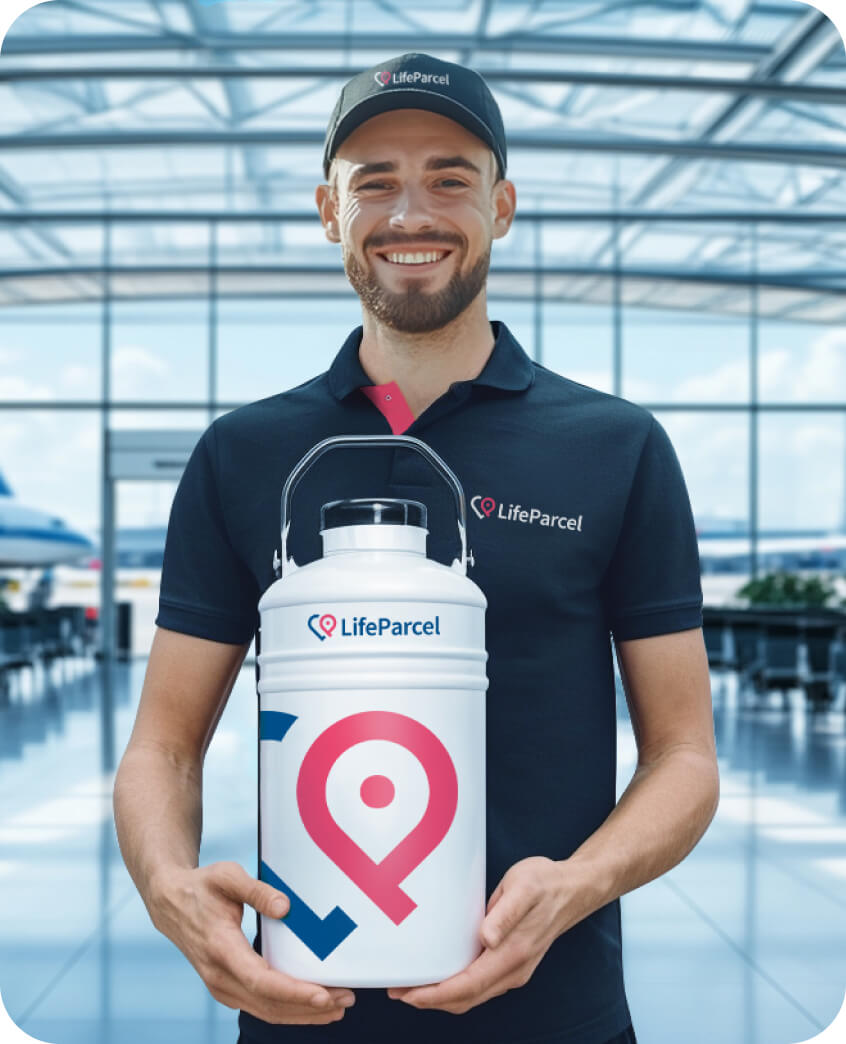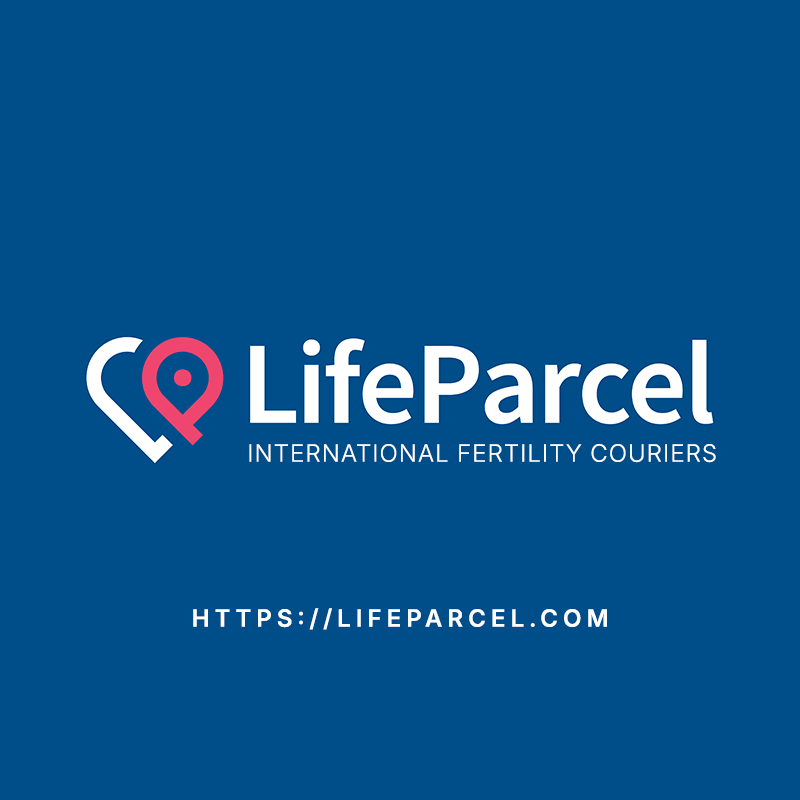Fertility Care Expands Across the Globe
Over the past decade, fertility treatments have expanded far beyond traditional hubs like the U.S. and Western Europe. According to the International Federation of Fertility Societies, fertility care is growing rapidly in regions such as Latin America, Southeast Asia, and the Middle East—often driven by increased investment in healthcare infrastructure and changing legislation. These emerging fertility markets are not only providing new hope for local patients but are also drawing international attention from those seeking affordable, high-quality reproductive care.
As these global fertility trends evolve, so too must the systems that support them—particularly cryogenic logistics and international fertility transport. This article explores how the rise of new IVF destinations is transforming the demand for secure and compliant transport of reproductive materials. From temperature-controlled shipping to navigating local regulations, the growing scope of fertility tourism requires a new level of expertise and coordination in global logistics.
What Are Emerging Fertility Markets?
Emerging fertility markets are countries or regions experiencing rapid growth in fertility treatments due to evolving laws, expanding healthcare systems, or increased interest from international patients. Unlike more established markets with longstanding IVF programs, these newer entrants often represent nations that have only recently legalized or expanded access to procedures like egg freezing, embryo transfer, or donor services. Their appeal frequently lies in affordability, shorter wait times, or availability of services not accessible elsewhere.
Examples of these growing IVF destinations include countries across Latin America such as Mexico and Argentina, parts of Southeast Asia like Thailand and Malaysia, and emerging programs in the Middle East and Eastern Europe. These regions are quickly becoming central players in fertility tourism, attracting patients from across the globe and reshaping the landscape of international fertility transport. As a result, logistics providers must be prepared to adapt their systems to accommodate these new and complex shipping routes.
Why Demand Is Growing in These Regions
Emerging fertility markets are gaining traction due to their accessibility and affordability. Many patients are drawn to these destinations because they offer advanced IVF procedures at a fraction of the cost found in traditional markets. Shorter wait times and access to donor services—often limited or prohibited in the patient’s home country—also make cross-border fertility care increasingly appealing. These factors, coupled with improved clinical outcomes in these regions, are fueling global interest.
Another major driver is the rapid pace of policy reform. Countries like Argentina, India, and the United Arab Emirates have updated laws to allow or expand access to fertility preservation, third-party reproduction, and gender-neutral family planning services. These shifts in public policy are redefining global fertility trends and opening the door for international patients to seek treatment in previously overlooked destinations. As legal and cultural barriers fall, more patients are embracing fertility tourism as a viable and hopeful path to parenthood.
Impact on Cryogenic Transport Needs
The rise of global fertility tourism is directly impacting the demand for cryogenic logistics. With patients sending or receiving reproductive materials across continents, the need for secure fertility material transport has never been higher. International fertility transport routes are becoming more complex, requiring longer transit times, meticulous temperature control, and seamless coordination between clinics and couriers. The sheer volume of these shipments continues to grow as more patients pursue care in emerging markets.
However, these new regions often lack the infrastructure needed to handle sensitive biological shipments. Many emerging fertility markets do not yet have established networks of trained couriers, cryogenic storage facilities, or regulatory clarity. This creates a critical role for trusted international providers who can bridge those gaps. Companies like LifeParcel are stepping in to deliver expert cryogenic transport solutions, ensuring fertility materials arrive safely and compliantly—regardless of destination.
Logistical Challenges in Emerging Markets
One of the most pressing obstacles in emerging fertility markets is navigating cross-border regulations. Import and export laws for reproductive materials vary widely between countries, often with little clarity or consistency. These customs challenges can lead to unexpected delays, denied entries, or even compromised shipments if not handled properly. Without a deep understanding of each destination’s legal landscape, fertility couriers risk serious disruptions that could affect specimen viability.
In addition to regulatory complexity, many of these markets face infrastructure limitations. Some regions lack trained cold-chain personnel or facilities equipped to manage ultra-low-temperature environments. This puts additional pressure on cryogenic logistics providers to maintain constant temperature control and safeguard the materials in transit. The combination of legal unpredictability and logistical gaps underscores the need for highly specialized international transport solutions tailored to the fertility industry.
How LifeParcel Supports These Markets
LifeParcel meets the unique demands of emerging fertility markets with specialized end-to-end services designed to ensure secure fertility material transport in even the most challenging environments. Their expert team prepares shipments with detailed documentation, verifies legal compliance, and manages every logistical touchpoint—from pickup to customs clearance to final delivery. Their use of advanced liquid nitrogen dry shippers and cryogenic monitoring tools guarantees specimen safety across long international routes.
What truly sets LifeParcel apart is their global coordination and communication. As a trusted IVF courier company, they work directly with clinics, customs agents, and clients to navigate each country’s regulations and ensure a smooth handoff. Real-time tracking, 24/7 client updates, and temperature monitoring add layers of assurance throughout the journey. For patients and providers operating in evolving fertility markets, LifeParcel delivers reliable fertility material transport grounded in precision, trust, and compassion.
Adapting to a Global Future
As emerging fertility markets continue to grow, they are reshaping the landscape of cryogenic logistics. Increased global demand, evolving regulations, and expanding cross-border treatment options all require fertility transport providers to adapt quickly and effectively. These shifts present new challenges—but they also offer opportunities to innovate, improve accessibility, and deliver high-quality care to more families worldwide.
For clinics and patients navigating this evolving space, partnering with a provider that understands the complexities of international fertility transport is essential. LifeParcel brings unmatched experience, global coordination, and advanced cryogenic logistics to every shipment, helping ensure that reproductive materials arrive safely, compliantly, and on time. As fertility care becomes more global, LifeParcel remains a trusted ally in delivering secure, reliable support to and from emerging fertility markets.





